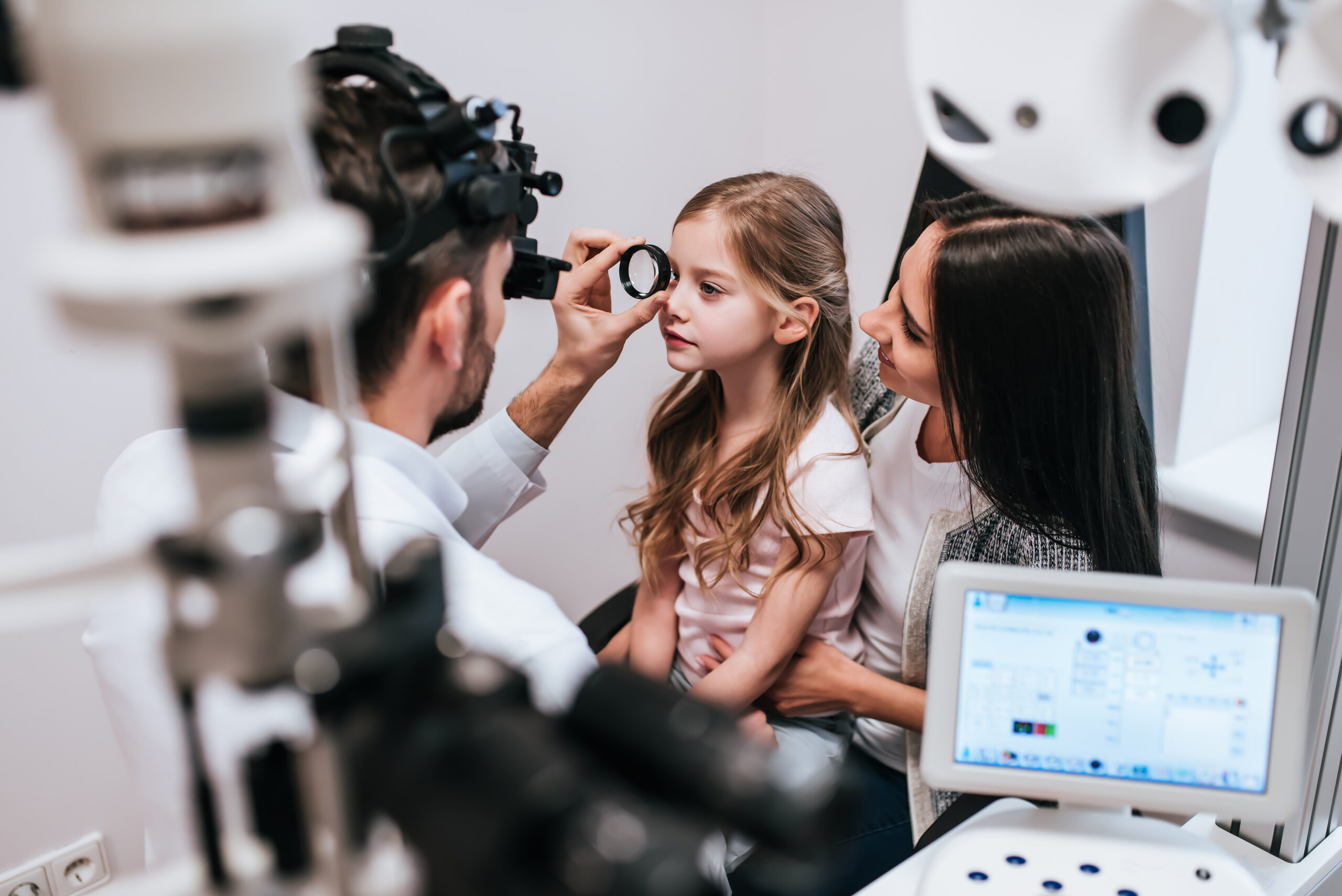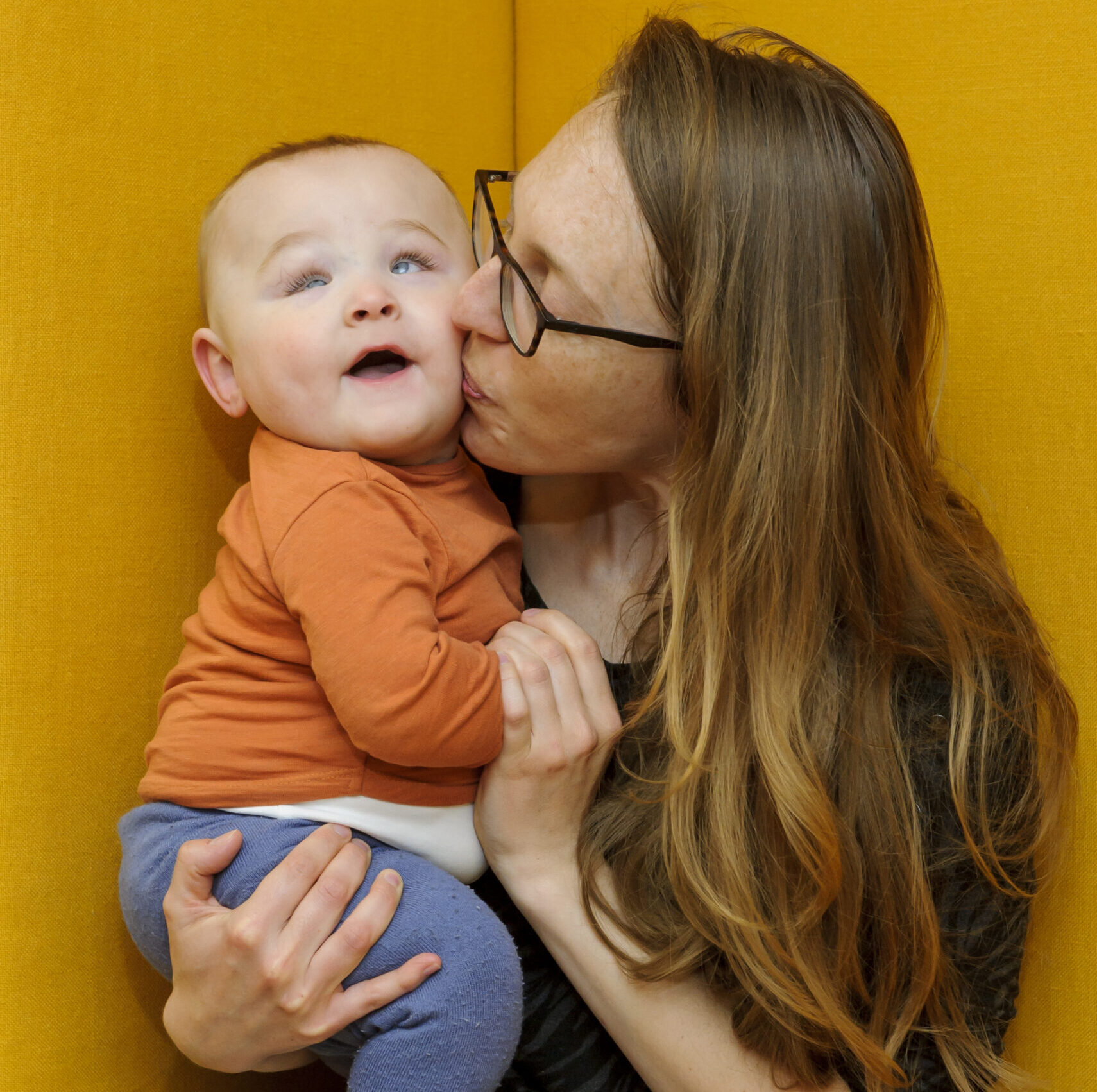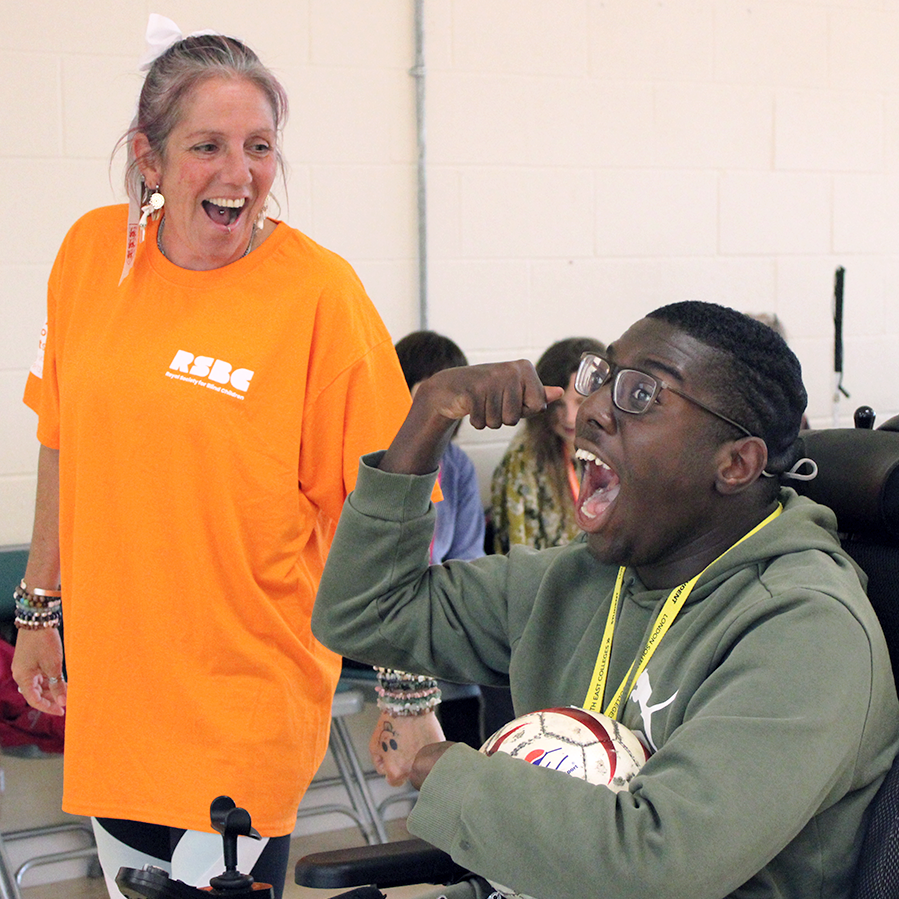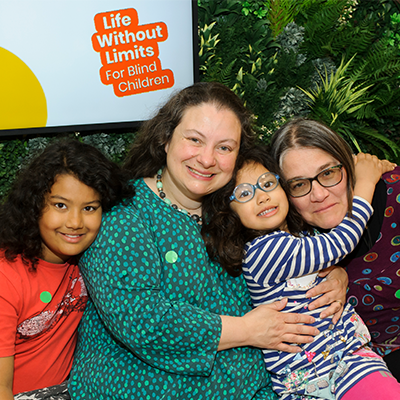Eyes on the Future
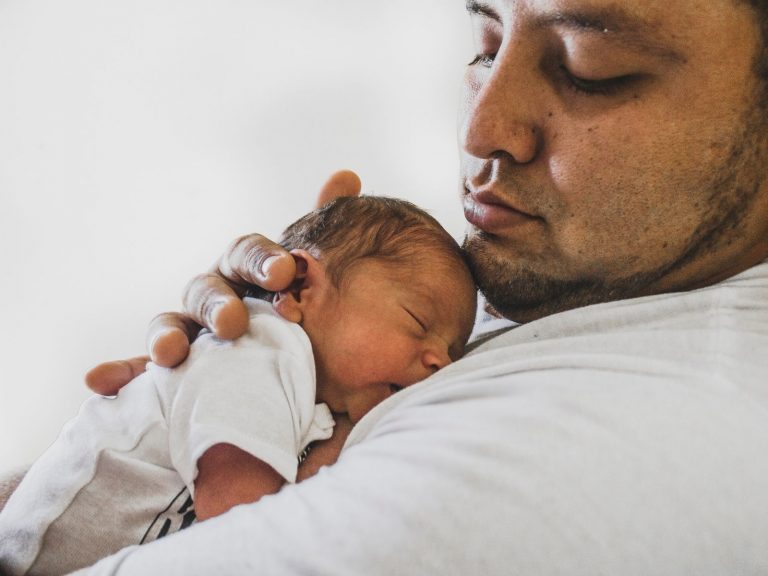
The vital role health visitors play in ensuring children’s eye health
A source of knowledge and guidance
As a new parent, you’ll meet many professionals in the first weeks and months after your baby’s born, and one of the most important people who’ll be supporting your family is your Health Visitor.
Health Visitors provide that support in a wide variety of ways. In your first few months as a parent, they’ll help with new birth visits, including advice on feeding, safe sleep, feeding your baby, all aspects of your baby’s health, and your own emotional wellbeing. They’re responsible for establishing the initial relationship between you and the health services available to you, assessing your child’s health needs, providing information, support and advice, working with other professionals to protect and safeguard your child, and organising clinic visits. So, as a new parent, your health visitor is an important part of your support network.
A vital part of your baby’s health is, of course, their vision and eye health. Because Health Visitors get to know you and your baby well, they’re ideally placed to make a significant contribution in the early detection and management of any childhood vision issues that may arise.
The Institute of Health Visiting and National Eye Health Awareness Week
National Eye Health Awareness Week promotes the importance of good eye health. It takes place between 23rd and 29th September, and is supported by The Institute of Health Visiting (IHV).
IHV is highlighting two key areas of good practice that are aimed at supporting health visitors in the identification and management of childhood vision problems. The resources for this have been produced in collaboration with experts in the field – RSBC’s own trustee, Dr Ameenat Lola Solebo, NIHR Clinician Scientist and Consultant Paediatric Ophthalmologist, University College London, and Professor Jungoo Rahi, Honorary Consultant Ophthalmologist, and Professor of Ophthalmic Epidemiology at the UCL GOS Institute of Child Health and the UCL Institute of Ophthalmology.
These two new resources focus firstly on identifying children with visual disorders, and then on supporting families when poor vision is confirmed. This means that Health Visitors will be equipped to ensure that children with, or at risk of, visual impairments receive the timely care they need, and that they can signpost families to access further support.
Making a difference by ‘Thinking Vision’
Professor Rahi is encouraging Health Visitors to “Make every contact count. Every interaction with a child and their family is an opportunity to make a difference. Encourage parents to monitor their child’s visual milestones using the ‘red book’ and raise any concerns promptly. Regular checks and open communication can significantly impact early detection and treatment outcomes.”
RSBC is delighted that Health Visitors are going to be even more informed and equipped to support families with their child’s eye health. Services Director, Carla Rose-Hardman, says, “Health Visitors are such a vital part of the support structure we receive as new parents, and so knowing they’ll have the expertise to ensure that eye health is a priority is fantastic news.”
Dr Ameenat Lola Solebo says, “This National Eye Health Week and beyond, we’re helping Health Visitors to ‘Think Vision’ when it comes to child health. Vision is central, and critical, to a child’s overall development. A child’s visual function affects how they learn to interact with others around them and with their wider environment. These guides will help health visitors to pick up visual problems early in a child’s life, so that medical help can be given in time to make a difference. Just as importantly, for infants and young children whose vision may never improve, their parents can be guided towards the education and support that can ensure that their children are able to reach their full potential.”
More information
You can find out more about the launch of these new resources for Health Visitors, and how they’ll help parents and their children, on the IHV website here.
